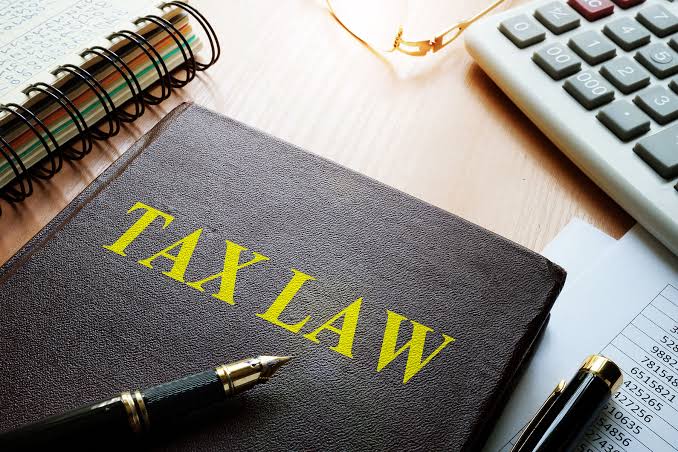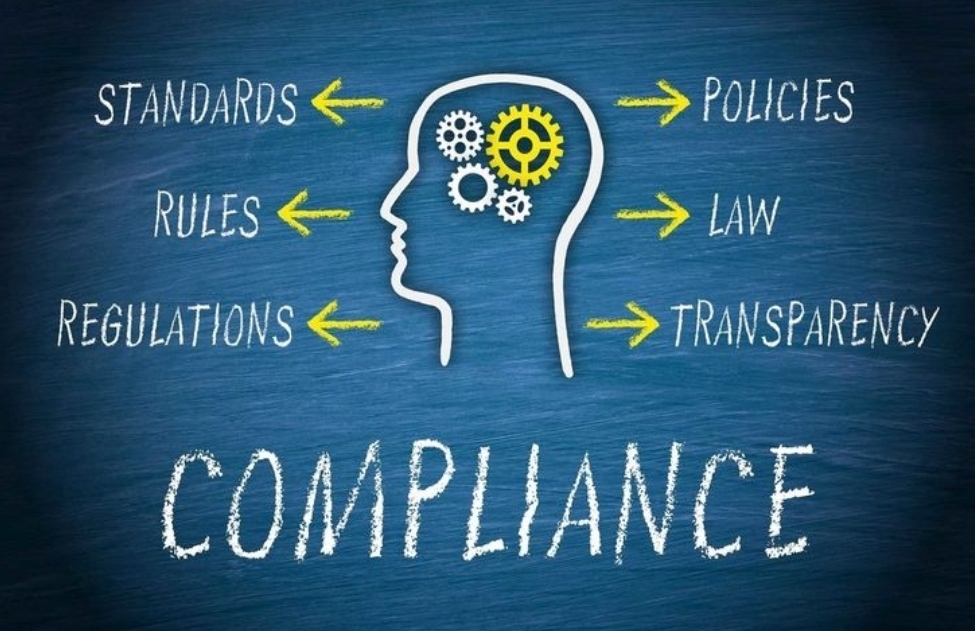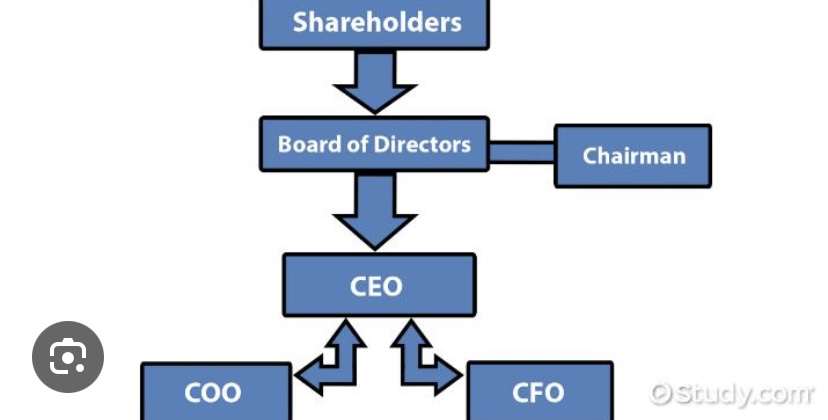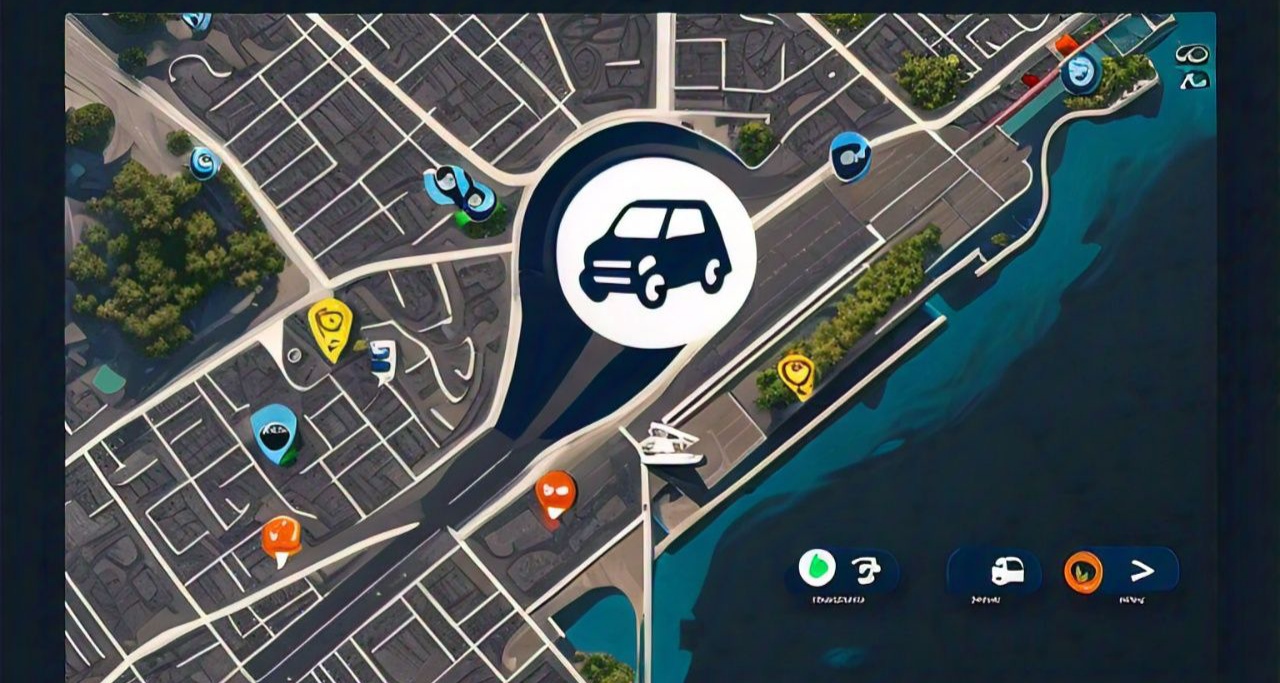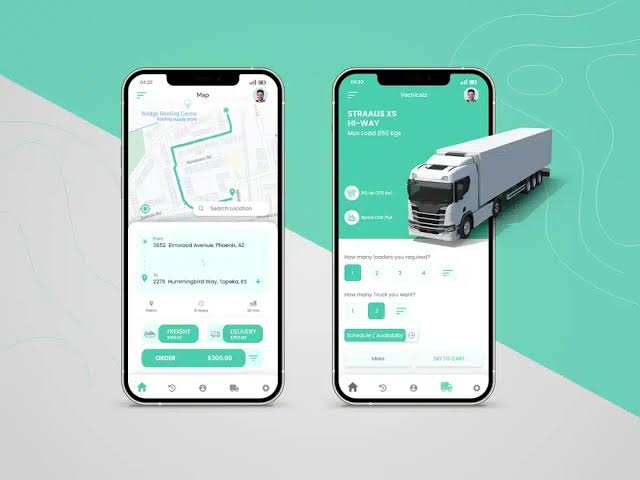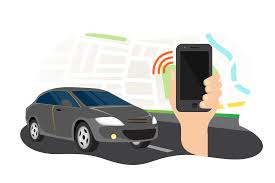
QUESTION
A group of entrepreneurs in Nigeria plan to start a new ride hailing technology startup. They have developed a mobile app that connects passengers with drivers for transportation services. They are ready to register the startup and launch their platform. They have approached you and sought your legal advice on how they can successfully achieve their objective. Advise them appropriately.
1. What type of business structure is most suitable for an e-hailing tech startup in Nigeria?
According to the Corporate Finance Institute, a business structure refers to “the legal structure of an organisation that is recognised in a given jurisdiction”. The CFI further elucidates that the choice of a legal structure determines the activities a business can undertake such as raising capital, it’s obligations, as well as the amount of taxes that the organisation owes to tax agencies.
The guiding post that aids a business in the determination of its business structure includes the business owner’s needs, the goal of setting up the business and an understanding of the features of each business structure.
The Companies and Allied Matters Act (CAMA), 2020; a primary legislation that borders on the formation of companies and it’s related incidences provides for the following business structures.
• Sole proprietorship
• General/Limited Partnership
• Limited Liability Partnership
• Company limited by shares
• Company limited by guarantee and
• An unlimited company
NOTE: As provided by the CAMA in S. 21(2), a company thus registered could take the form of either a private or public company.
However, under the Nigeria Startup Act, 2022, for a business to be labeled a startup, it is expected that such business must adopt either of the following business structures.
• A limited liability company which has been registered for 10years
• A sole proprietorship and
• A partnership
NOTE: For the sole proprietorship/partnership model, such startup will only be granted a pre-startup label with an obligation to fulfill the requirements of the Act as laid out in S. 13(2)(a)(b)(c)(d) within 6 months
It is also important to note that the CAMA allows for the re-registration of a company, which allows for the altering of its status say from a private company to a public company - S. 55
Thus, the business structure most suitable for an e-hailing tech startup is the Limited Liability Company structure. However seeing as the requirement for such status is the existence of the company for 10years prior it’s registration request with the Startup Council, the tech startup could adopt either the sole proprietorship or partnership structure. It is the opinion of a legal practitioner that a startup could re-register as a limited liability company when it has raised necessary funding at it’s series ‘c’ round or when it has attained an unicorn status.
2. What specific legal requirements and regulations should the startup comply with?
The following are required of a tech startup in Nigeria.
• Business registration with the Corporate Affairs Commission (CAC). Which process involves the provision of necessary documentation such as the memorandum and articles of association, particulars of directors and shareholders details.
• Application and obtaining of a Taxpayers Identification Number (TIN) from the Federal Inland Revenue Service (FIRS), which token will enable the company register with the CAC, pay her taxes such as the Value Added Tax (VAT), Companies Income Tax (CIT) etc.
• Registration with the Startup Council and on the Startup Portal as provided for in the Nigeria Startup Act which defines what a startup is and issues requisite license upon it’s fulfilment of the necessary requirements.
• Registration with the Ministry of Transportation of the country or state as regards the operations of an e-hailing tech startup.
Not forgetting, the startup being technology inclined will have to comply with the requirements of the National Information Technology Development Agency (NITDA) Act, which regulates the Nigerian technological space.
The startup is also expected to comply with the National Data Protection Regulation (NDPR) due to its entry into the collection, processing and usage of data that relates to its users.
3. How can the startup protect it's intellectual property such as the mobile application and business model?
As regarding the startup intellectual property such as it’s mobile app and business model, such rights are provided, protected under the following Acts which also stipulates the steps which must be undertake for their recognition and registration.
• The Copyrights Act
• The Trademarks Act
• The Patents and Designs Act etc.
On the other hand, its business model will be regarded as a trade secret but which sadly has no legislation that regulated it except for the Agreement on Trade-Related Aspects of Intellectual Property Rights (TRIPS), an international agreement which Nigeria is a party to and which has been adopted by the country.
4. What are the potential challenges and risks associated with operating an e-hailing tech startup in Nigeria?
There abound inherent risks and challenges in business and the e-hailing tech startup is definitely not an exception.
The foremost challenge is the poor and unstable internet connectivity in Nigeria. The Internet is the very core upon which an e-hailing tech startup is built thus requiring that it’s environment and indeed her target market be accessible to the Internet at all times. The presence of such poor/unstable internet connectivity will result in frequent downtimes, inaccessibility of its service and thus resulting in a loss for the startup.
There is also the challenge of price hike in the prices of Premium Motor Spirit (PMS) which is the energy that powers automobiles in Nigeria and this coupled with the removal of petroleum subsidy by the government will affect the startup and will result in the increase of it’s trip fare which will further result in low patronage and loss making for the startup.
The tech startup also runs the risk of cyber attacks by hackers which will be aimed at stealing users data and accessing their financial information which often times are stored in the application which this tech startup provides.
Furthermore, the e-hailing tech startup runs the risk of being a target of negative government policies which could include regulations that totally abrogates it’s operation in the country. With an instant case being the Lagos State government policy that banned the use of motorcycles in the state which policy negatively impacted the e-hailing tech startup Gokada.
Finally, the startup runs the risk of being cheated by the riders who are enrolled on its platform as it is the frequent case with riders who often times demand that customers cancel ride request and opt instead for offline rides which will result in poor engagement of the application which will see the startup suffer loss.
5. What are the necessary licenses and permits required to operate an e-hailing service in Nigeria?
The following are the necessary licenses and permits which an e-hailing tech startup is required to obtain in Nigeria.
• A startup label issued under the Nigeria Startup Act is a necessary licenses.
• A certificate of registration/incorporation issued by the CAC under the CAMA 2020.
• A business premises permit issued by the local authorities where the business is located.
• An e-hailing operating license akin to that issued by the Lagos State government.
• Tax payment/exemption issued by the relevant agency.
REFERENCES
1. Admin. (2024, March 26). HOW TO SET UP RIDE-HAILING (TRANSPORT) COMPANY IN LAGOS STATE - Koriat Law. Koriat Law. https://koriatlaw.com/how-to-set-up-ride-hailing-transport-company-in-lagos-state/#:~:text=Are%20there%20licensing%20requirements%20for,Service%20Entity
2. Olabode, O. (2023, September 12). UNDERSTANDING YOUR CHOICES OF BUSINESS ORGANISATION UNDER CAMA 2020: A BROAD OVERVIEW. Unknown. https://www.oladapoolabode.com/2022/08/understanding-your-choices-of-business.html?m=1
3. Pamoo. (2023, November 25). CORPORATE STRUCTURING FOR STARTUPS IN NIGERIA: LEGAL CONSIDERATIONS. S.P.A. Ajibade & Co. https://spaajibade.com/corporate-structuring-for-startups-in-nigeria-legal-considerations/
4. Team, C. (2023, December 5). Business structure. Corporate Finance Institute. https://corporatefinanceinstitute.com/resources/management/business-structure/




